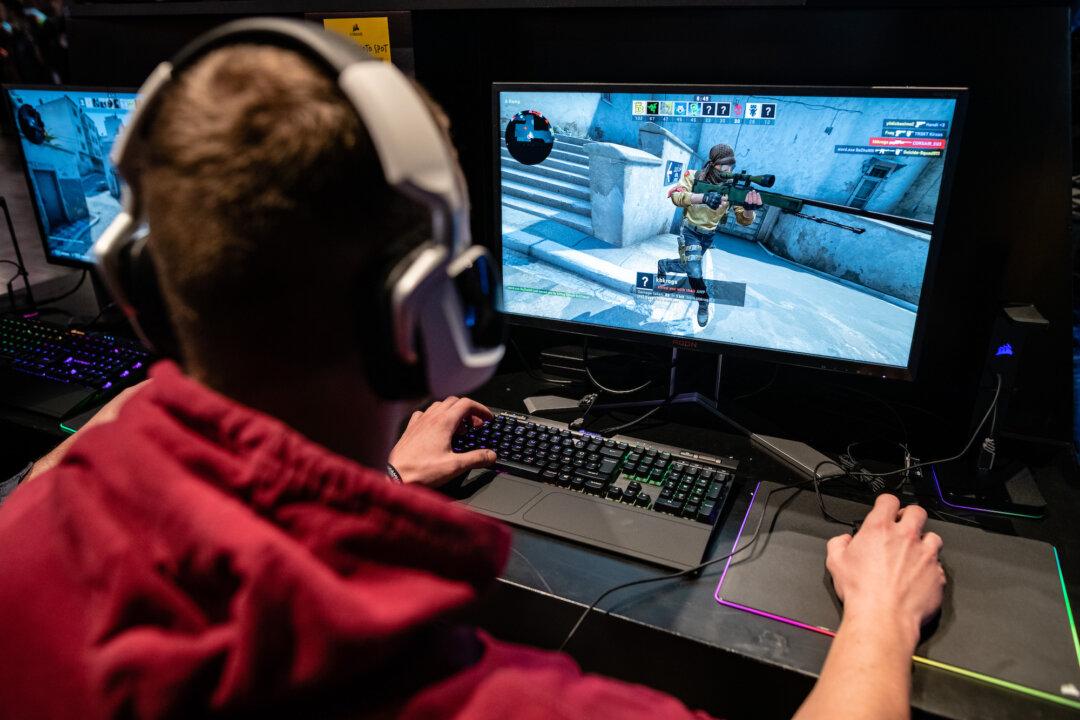JOHANNESBURG—The scene on the computer screen is a rubble-strewn street in Ouagadougou, the capital of the tiny West African country of Burkina Faso.
Troops amass on one side, holding automatic rifles and rocket launchers, their uniforms emblazoned with the Burkinabe national flag—two equal horizontal bands of red and green, with a yellow five-pointed star in the center.





